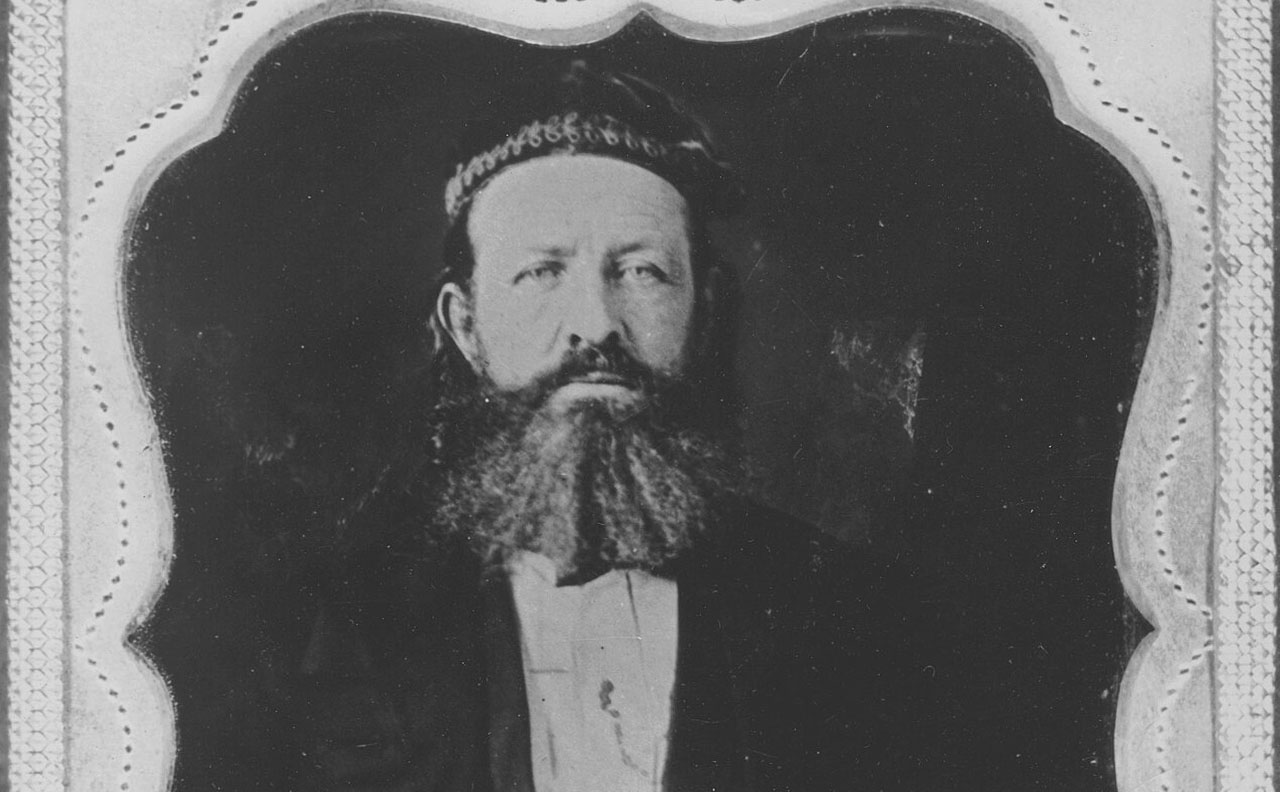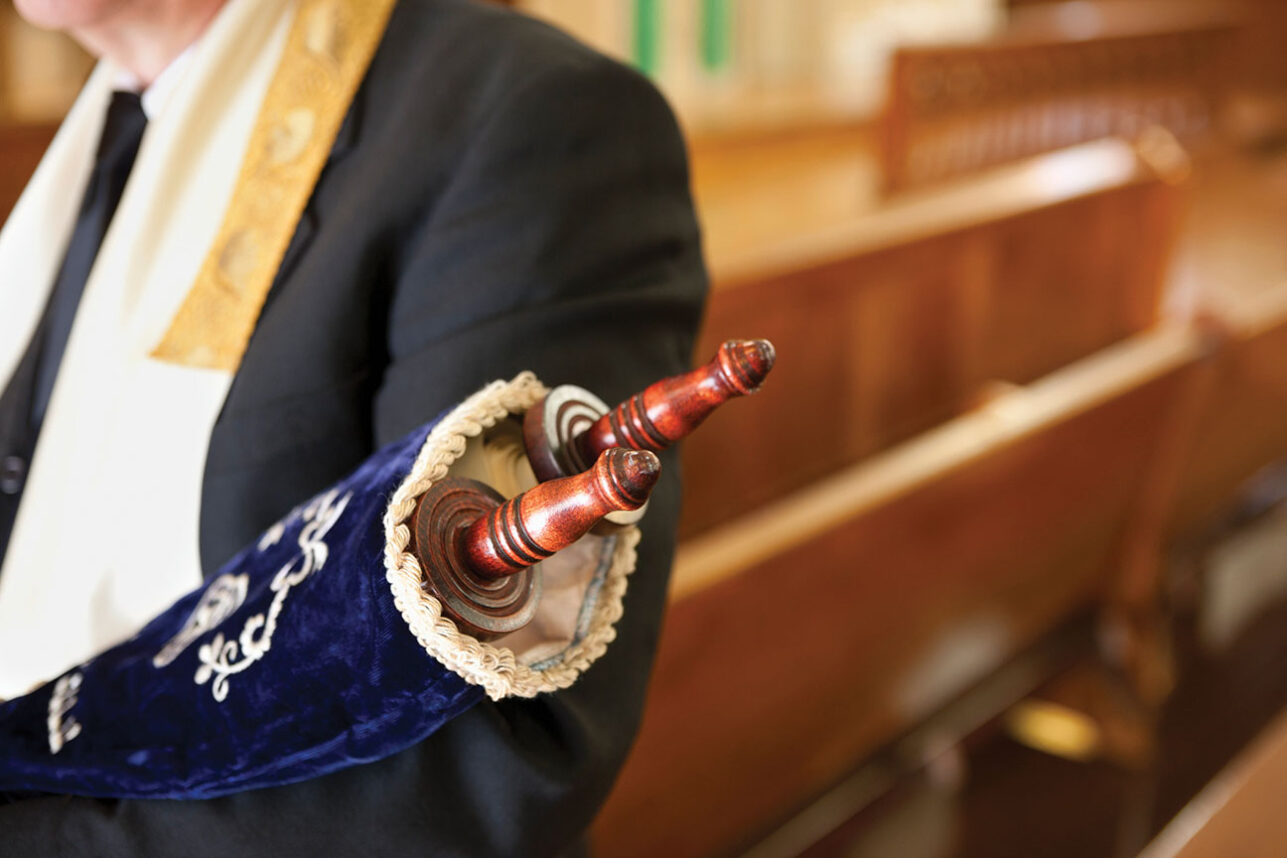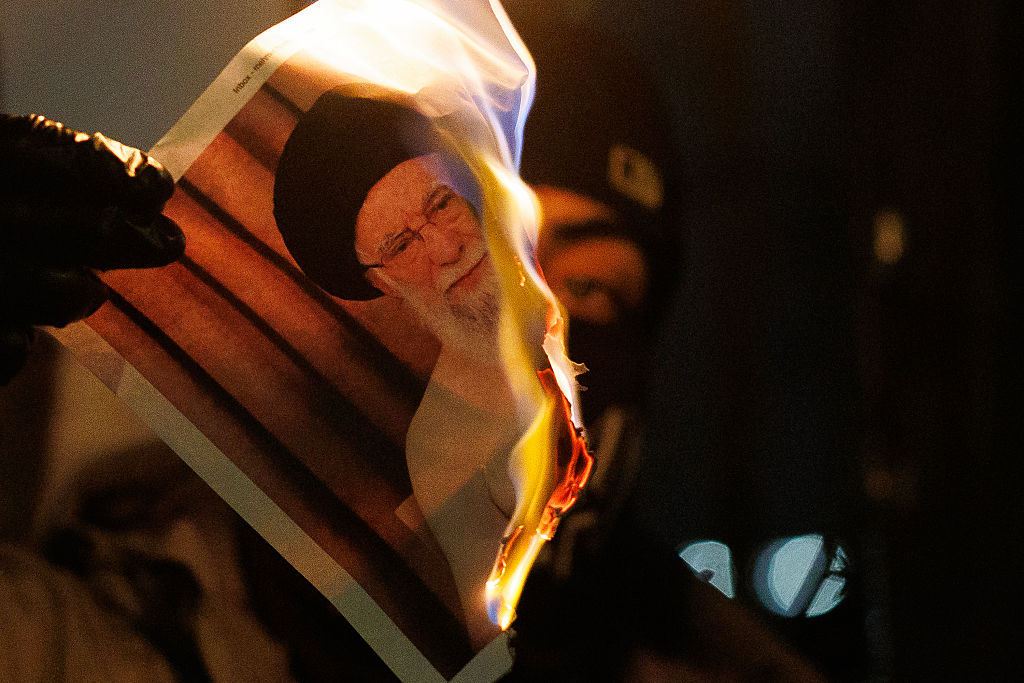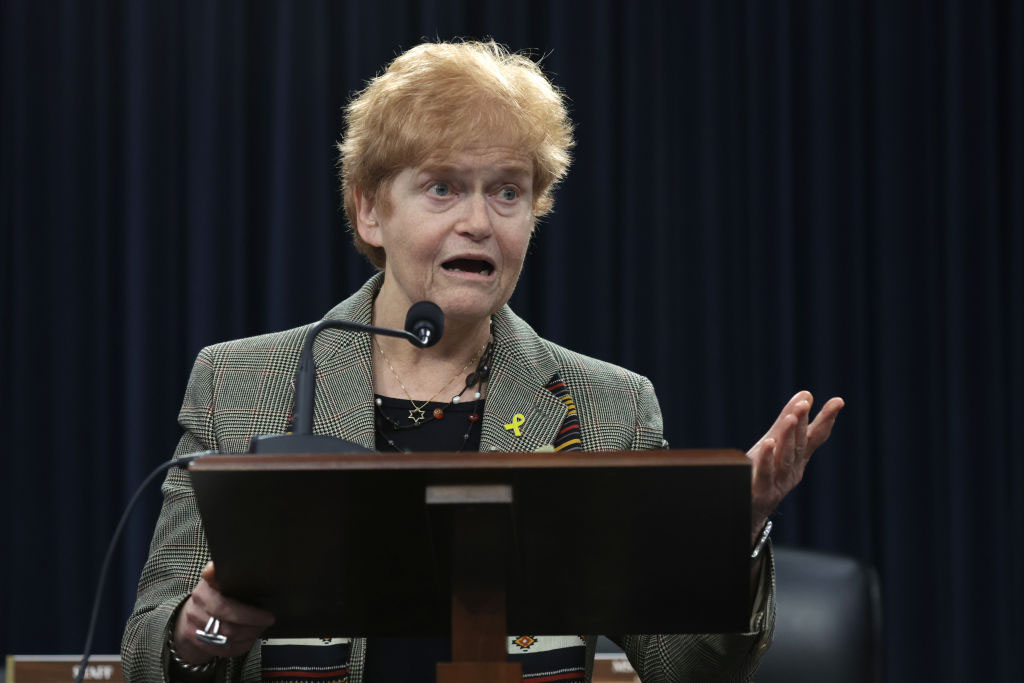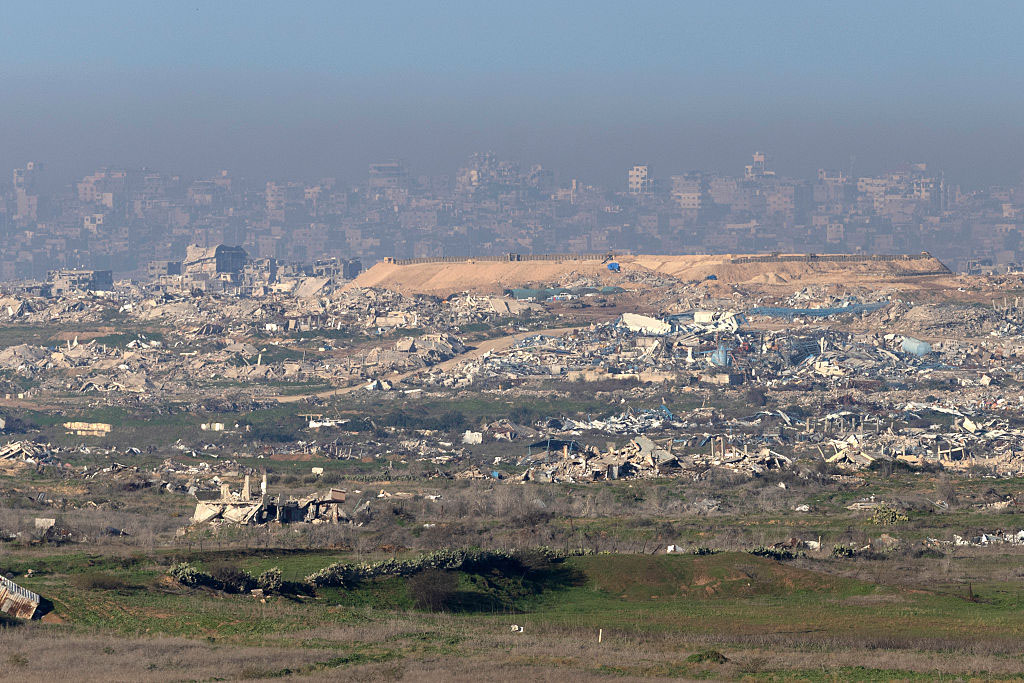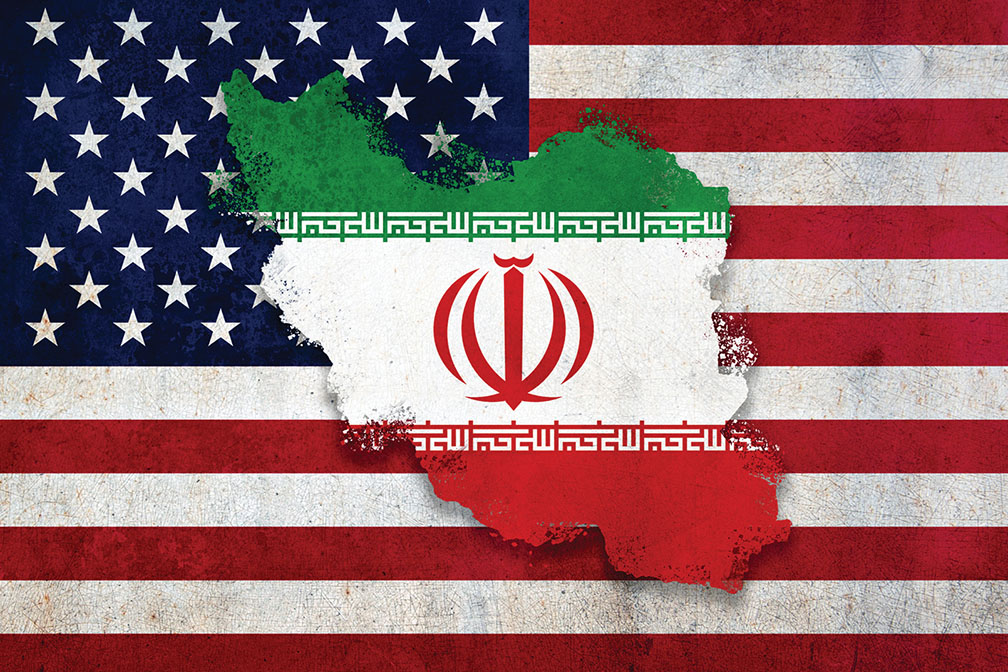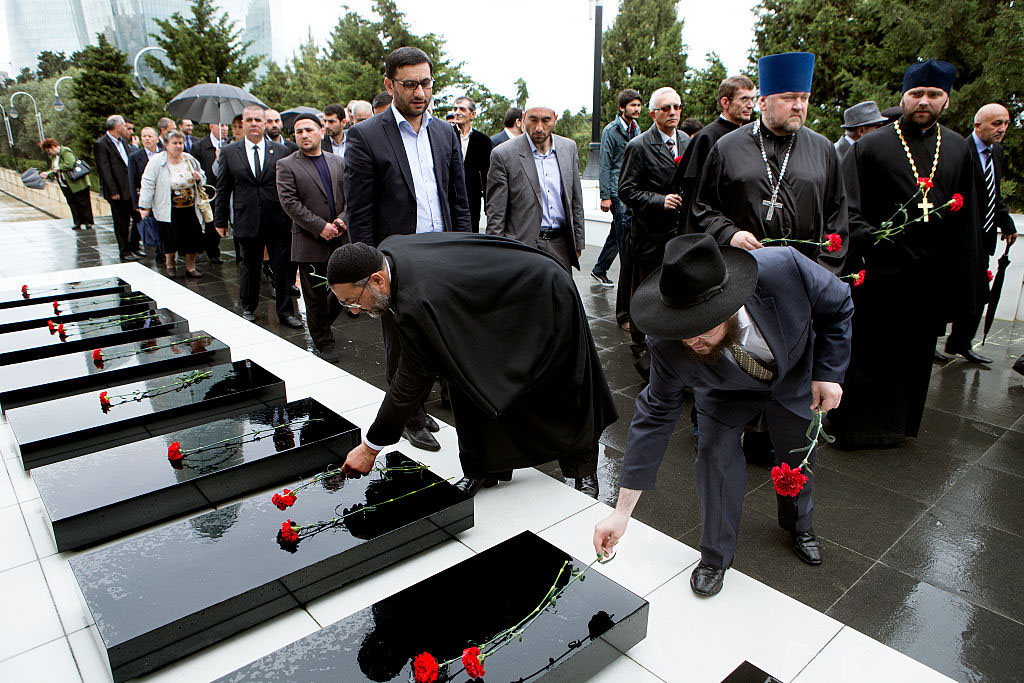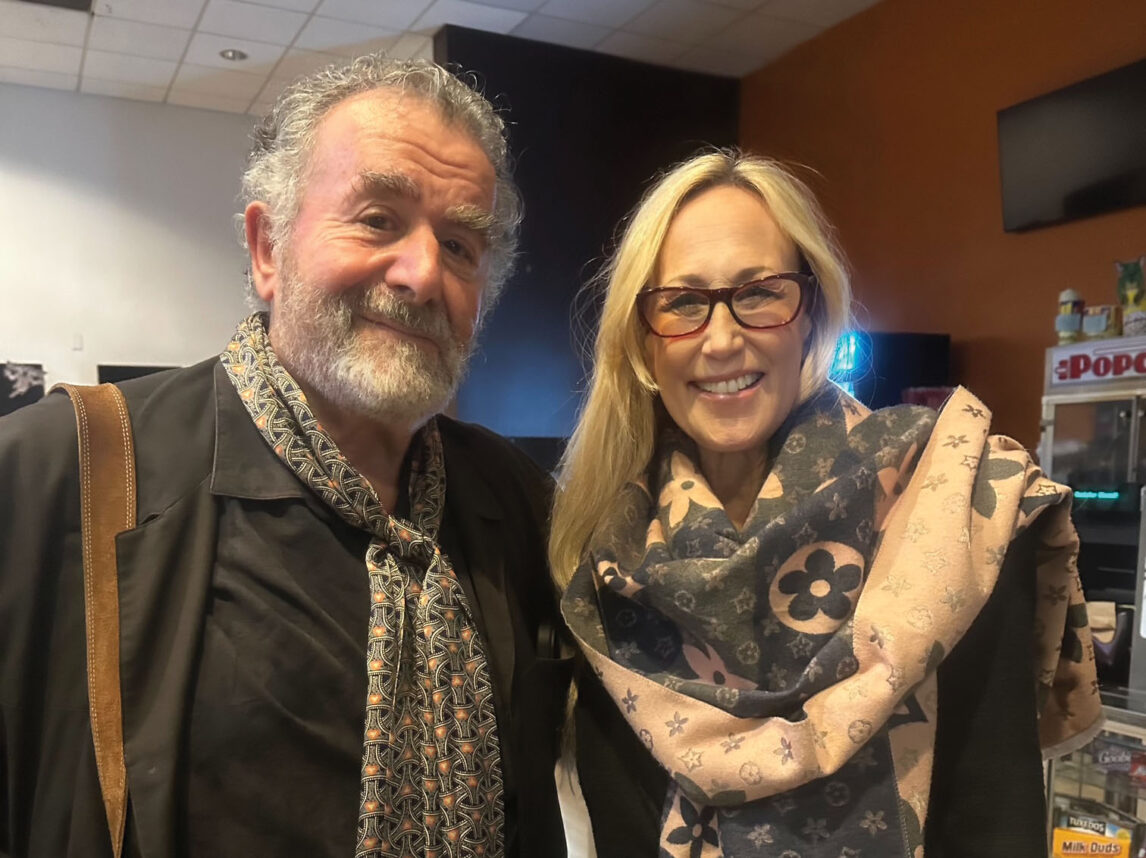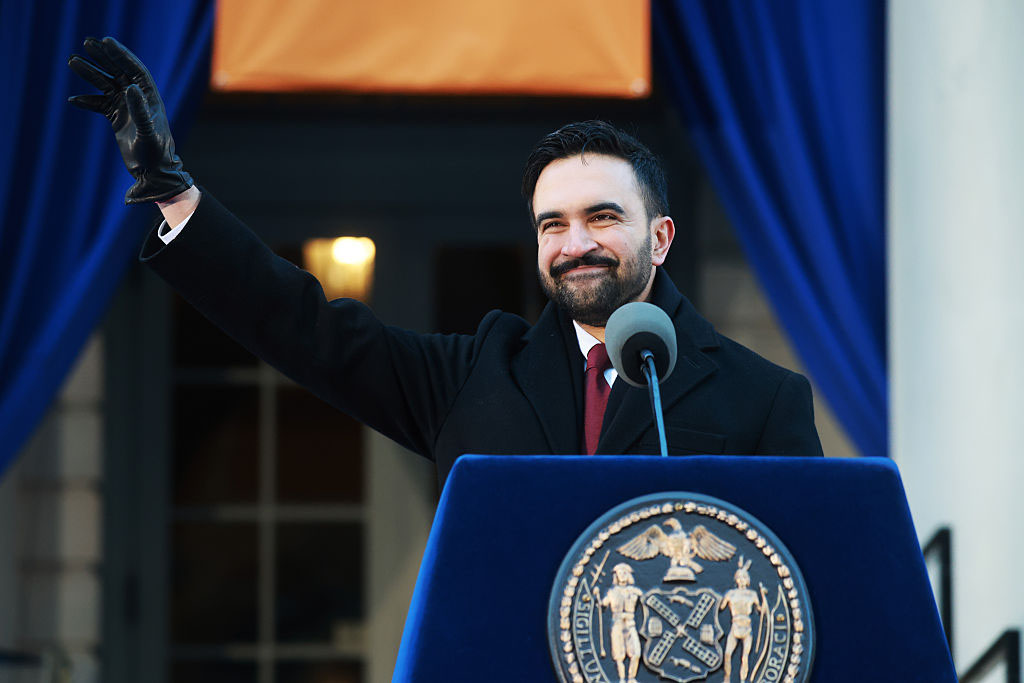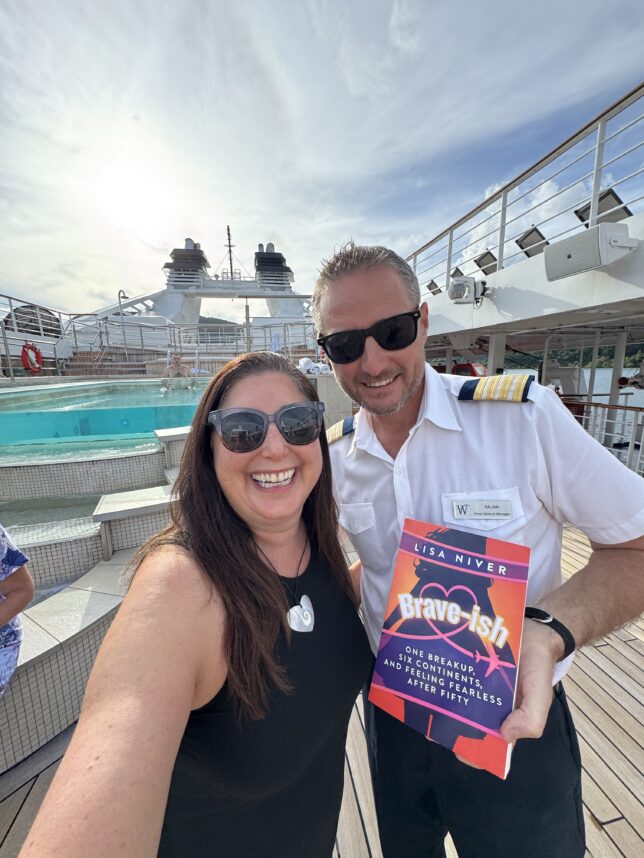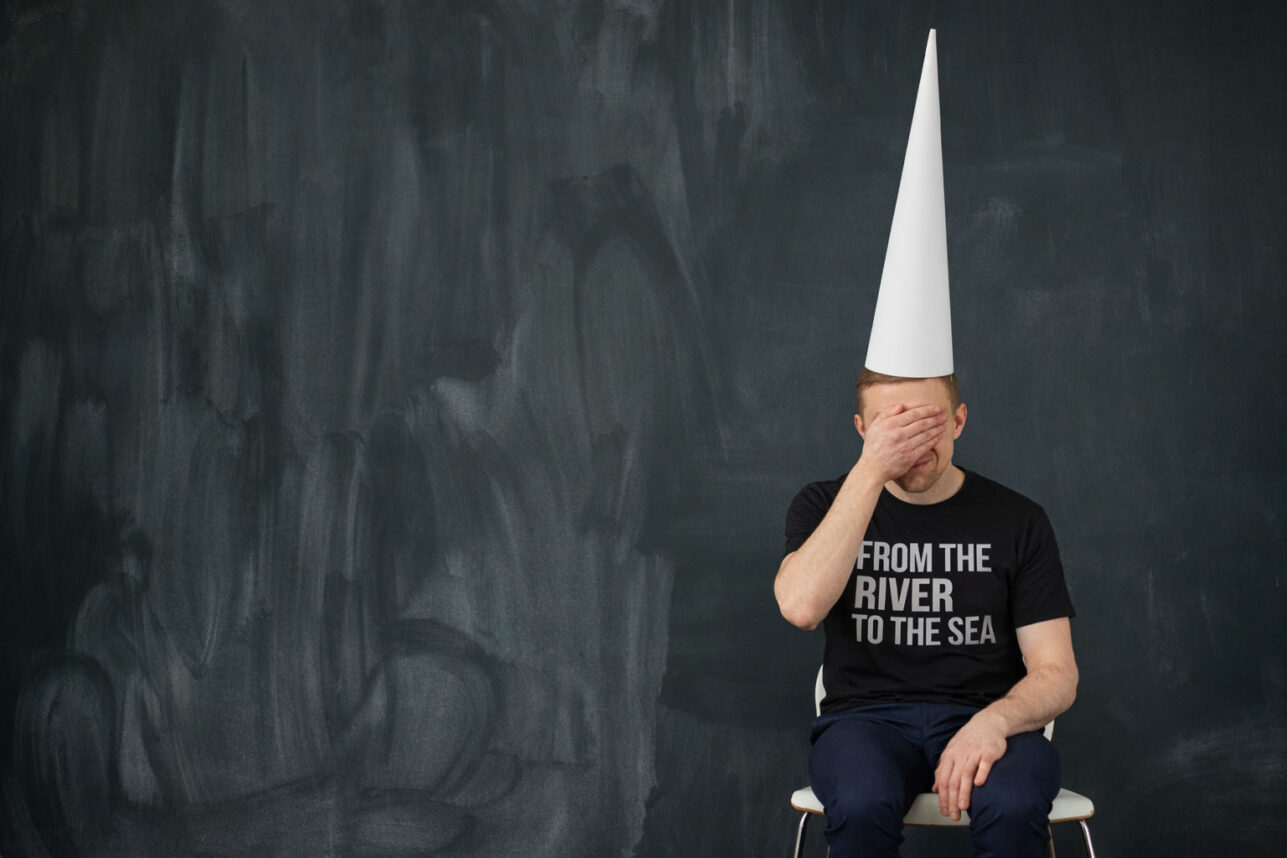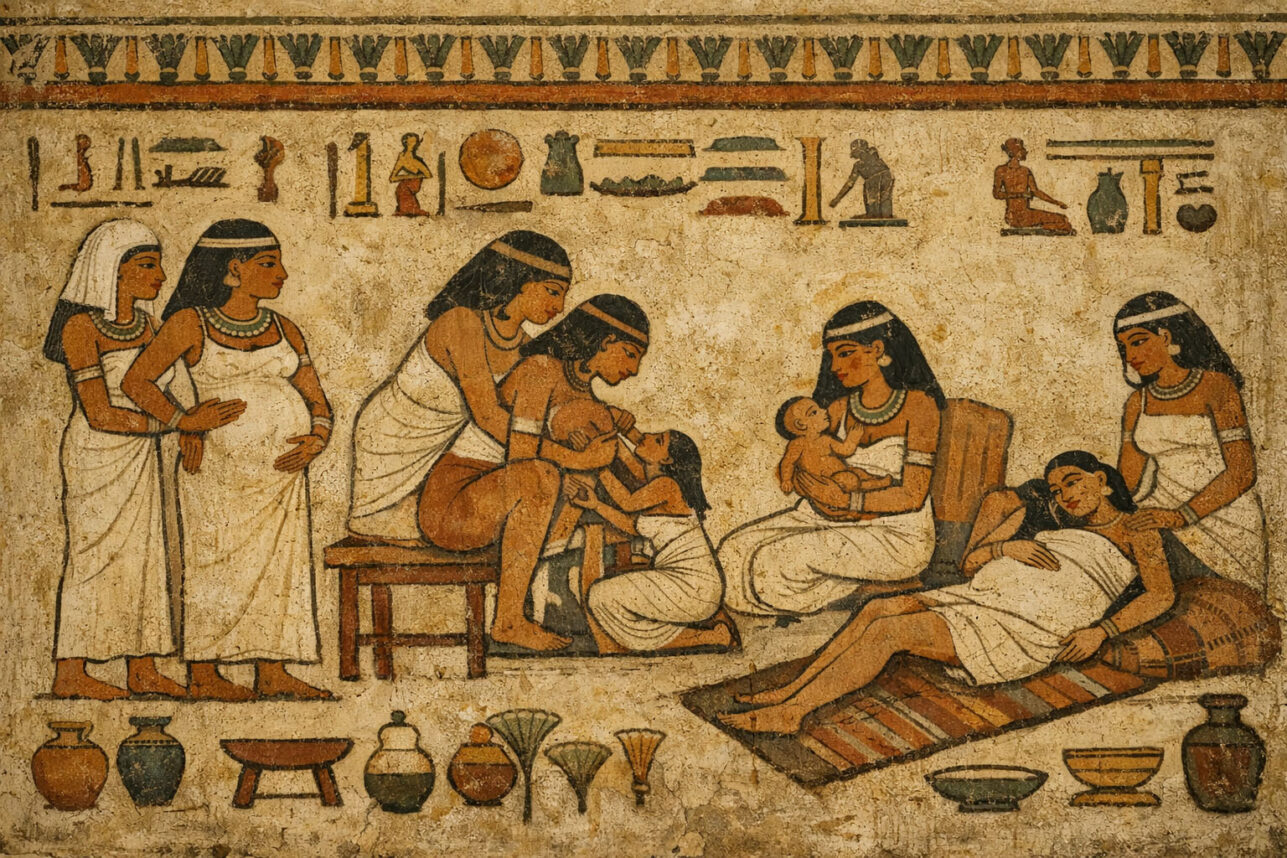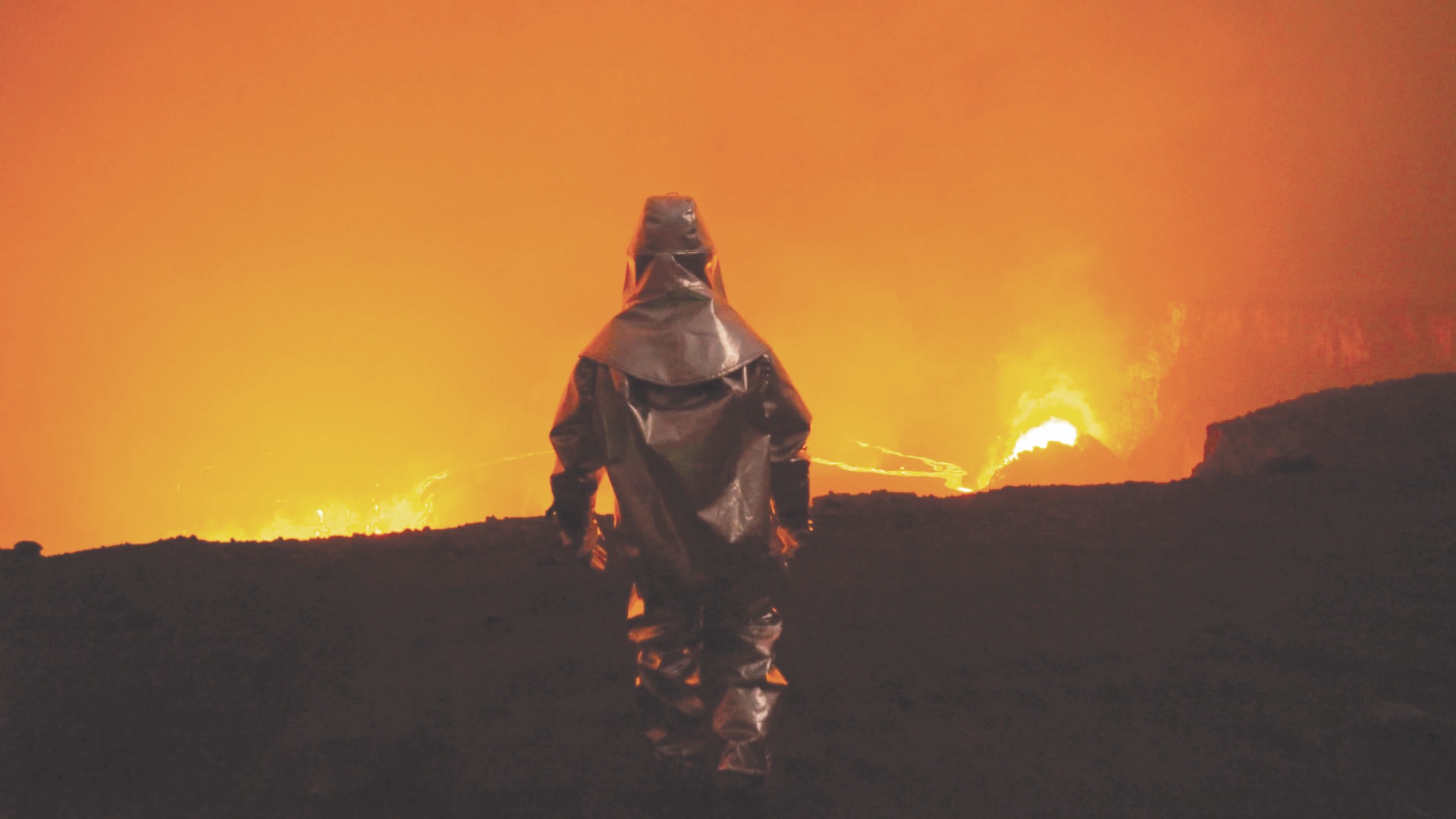
Among America’s 536 astronauts who have gone to space, only a dozen have been Jewish. Jeffrey A. Hoffman is in that elite group. An astronomer and astrophysicist, he flew five space shuttle missions, repairing the Hubble Space Telescope on his third flight in 1993.
Now a professor of aerospace engineering at the Massachusetts Institute of Technology, Hoffman is featured in the new 10-part National Geographic Channel series “One Strange Rock,” in which eight NASA astronauts share their perspectives on Earth and its place in the universe. Its environmental message is clear.
“When people appreciate the uniqueness of the planet, they will make the connection that we better not screw things up,” Hoffman told the Journal. “If we don’t understand how the universe was formed and how Earth works as a planet, we can’t take care of it.”
Hoffman described the sight of Earth from space as overwhelming.
“There’s a sense of grandeur, of awe in the deepest sense,” he said. “I never got tired of looking at sunrises and sunsets, lightning storms, and the aurora borealis and aurora australis from above.”
Hoffman, who joined the space program in 1979, made his first shuttle flight six years later. His only fear at that time was “screwing up,” he said. As for fearing death, he pointed out, “During launch, you’re sitting on 4.5 million pounds of high explosives. If that causes undue stress, you might be in the wrong profession.”
While the astronauts were dedicated to carrying out the mission of every flight, Hoffman said the success of the Hubble mission, which came with high pressure and high stakes, was “a great thrill” and his proudest achievement. “The future of NASA was on the line,” he said. “It’s a moment that will be with me for the rest of my life.”
That Hubble-repair flight coincided with Hanukkah, so Hoffman took a dreidel with him to celebrate. He brought other Jewish artifacts along on other missions, too, including the atarot from his sons’ tallisim, a sefer Torah that is now in use at a synagogue in Houston, and a mezuzah that decorates the door of the Bloomfield Science Museum Jerusalem.
“I’ve always been fascinated by the juxtaposition between Judaism, one of humanity’s oldest traditions, and space flight, which is one of the newest.” — Jeffrey Hoffman
“I donated it back in 1993, and in 2013 I was back and we had a dedication for the 20th anniversary,” Hoffman said. Some items that he took with him are on view in the “Jews in Space” exhibition through June at the YIVO Institute for Jewish Research in New York.
“I’ve always been fascinated by the juxtaposition between Judaism, one of humanity’s oldest traditions, and space flight, which is one of the newest,” Hoffman said. He often gives talks about his experiences to Jewish community and youth organizations, which he wrote about in his book, “An Astronaut’s Diary,” in 1986. He’d like to write another, he said, but has yet to find the time.

Hoffman, 73, was born in Brooklyn and raised in Scarsdale, N.Y., in a Reform Jewish family of Eastern European descent. In 1965, he and his brother traveled with their paternal grandfather to their grandfather’s childhood hometown near Minsk, Belarus. “There was a pit where they had all the Jews dig a hole,” and for his grandfather, seeing it “was quite painful,” Hoffman recalled.
He noted that once he joined NASA and began going to services at a Conservative synagogue in Clear Lake, Texas, he “was exposed to some Jewish traditions that I hadn’t grown up with, and I learned quite a bit,” he said.
Now living in Boston, Hoffman attends Hillel services on the MIT campus with his British wife, Barbara, a retired librarian. They met in 1972 when Hoffman was working in England at the University of Leicester and married two years later. They have two sons — Sam, 42, is a ceramist; and Orin, 38, is a robotics engineer — and two grandchildren.
Although he’s been to Antarctica and the Himalayas, sailed the Northwest Passage and logged 21.5 million miles in orbit, “There are still places on Earth I haven’t been to,” Hoffman said. He is planning to take his older grandson, now 12, on a trip to Costa Rica next year, and he’s going on a trek to Bhutan in May.
He is also working with NASA on the Mars 2020 rover project, in preparation for humans going to Mars and “living off the land.” “For the first time we’re going to manufacture oxygen using Mars resources — taking carbon dioxide from the Mars atmosphere and putting it through an electrolysis unit,” he said.
Hoffman believes it’s important to continue to explore the universe, not only for curiosity’s sake or because “some day an asteroid is going to come toward Earth with our number on it,” he said. “Global warming was first discovered on Venus. Venus is a hot hellhole. Mars is a frigid desert. How did Earth make it just right? The real question is whether it’s going to be able to continue to support humanity. If we’re going to solve our problems on Earth, it has to be done on a planetary level.”
With everything he knows about astronomy, astrophysics and space travel, Hoffman can’t help but watch movies about space with a critical eye.
“ ‘Gravity’ did a great job in the views from space, but the [Extra Vehicular Activities] were terrible,” he said. “They had no connection with reality. But I enjoyed it for the visual splendor.”
As for films that were more accurate, “ ‘The Martian’ did a pretty good job. ‘Apollo 13’ was probably the best in that respect,” he said. “When they do get it right, it’s always gratifying. But, I understand that a movie is a movie. ‘2001: A Space Odyssey’ is still my favorite.”
“One Strange Rock” premiered March 26 and airs at 10 p.m. Mondays on the National Geographic Channel.











